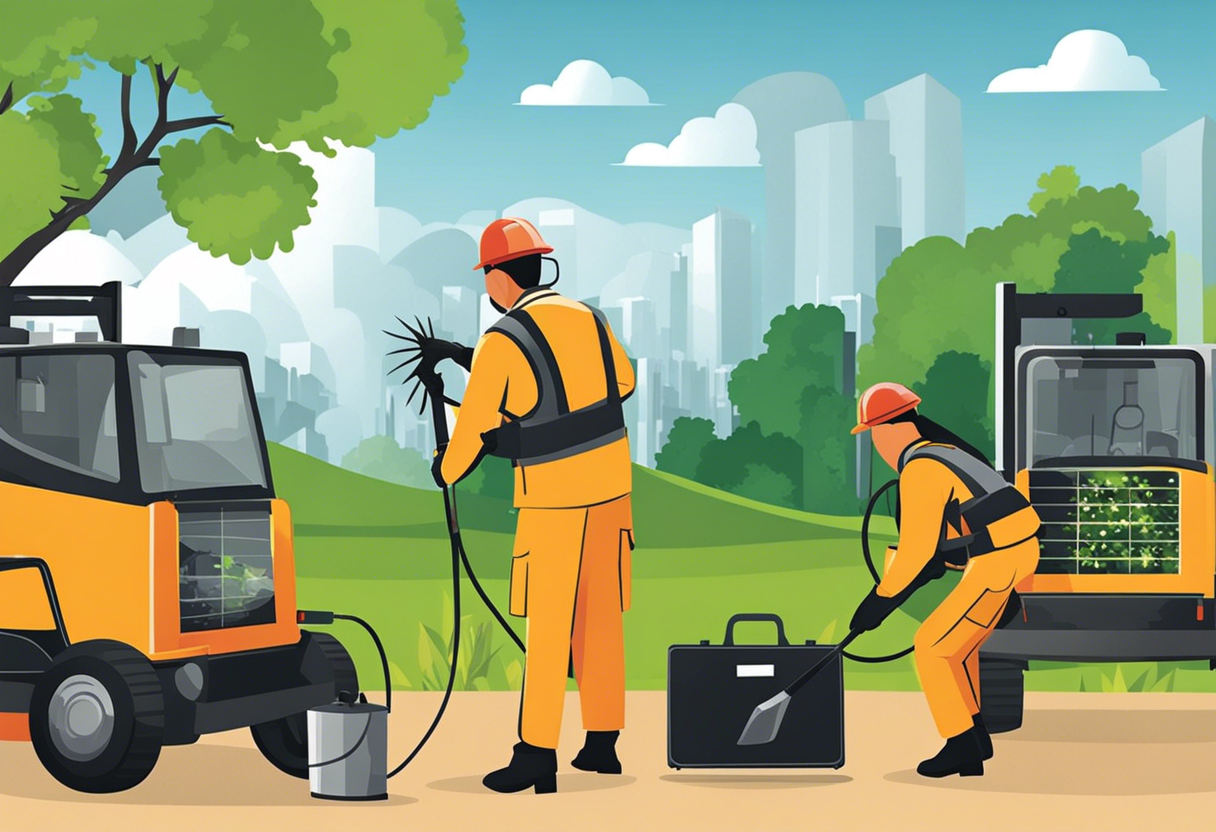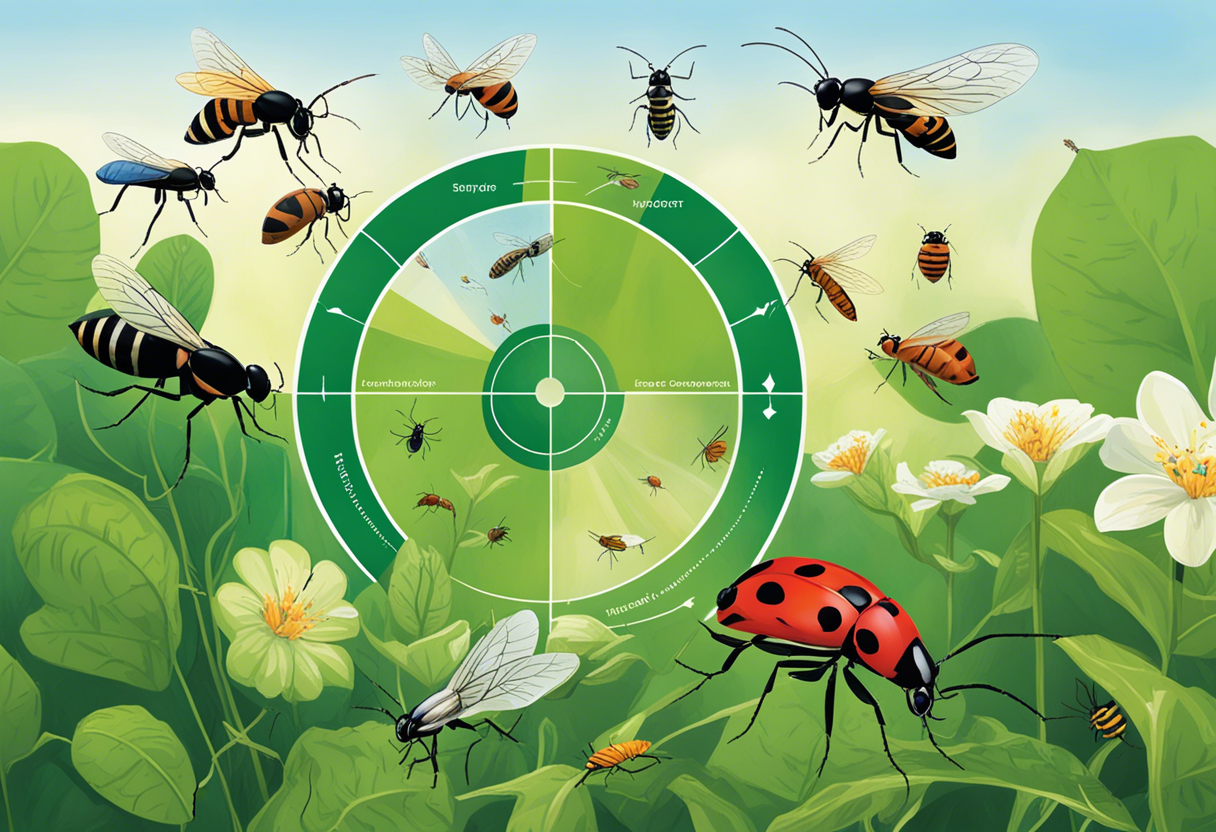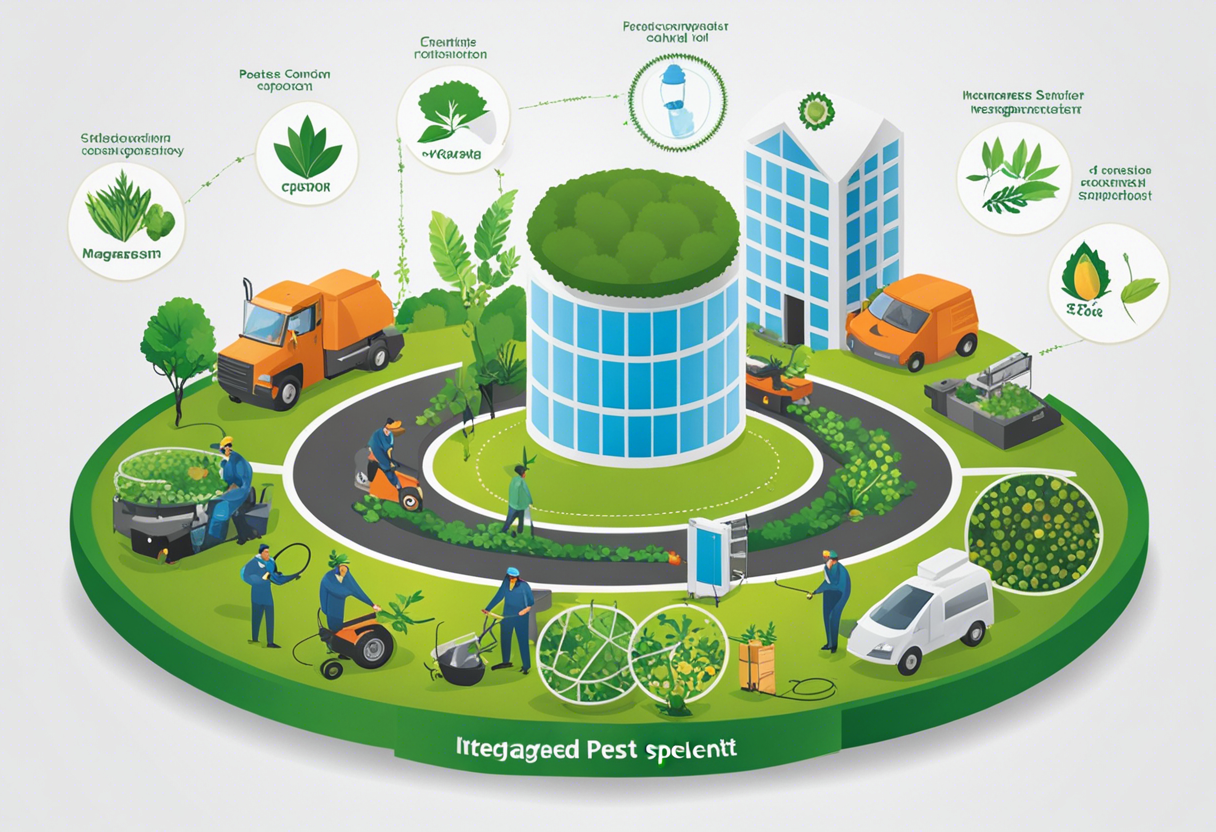Top Trio in Pest Control: Roles that Rule the Industry
Pest control is a critical industry that contributes significantly to the safeguarding of public health, property, and the environment. This sector is characterized by a wide range of roles, each playing a unique part in ensuring the effective management and control of pests. However, three roles stand out for their substantial contribution to the industry: the Pest Control Technician, the Entomologist, and the Integrated Pest Management Specialist. These roles form the backbone of the industry, combining their expertise to provide comprehensive pest control services. This article delves into these three roles, highlighting their importance, responsibilities, and the interplay between them in shaping the pest control industry.
Pest Control Technician

The Pest Control Technician is the frontline warrior in the war against pests. These professionals are responsible for implementing direct control measures, which often involves the use of chemicals or traps. They are skilled in identifying different types of pests, understanding their habits, and determining the most effective method for elimination. Pest Control Technicians work in a variety of settings, including residential homes, commercial buildings, and agricultural fields. They are often the first point of contact for clients, providing them with advice on prevention measures and ensuring their concerns are addressed. Despite the sometimes physically demanding nature of the job, the role of the Pest Control Technician is crucial in maintaining the balance between humans and pests.
Entomologist

While Pest Control Technicians are on the front lines, Entomologists provide the scientific backbone of the industry. These insect experts study the biology, behavior, and ecology of pests. Their research is vital in understanding pest behaviors, life cycles, and habitats, which in turn informs the development of effective pest control strategies. Entomologists also play a significant role in educating the public and other professionals in the industry about pests and their management. They often work in collaboration with Pest Control Technicians, providing them with the necessary knowledge and tools to carry out their work effectively. The role of the Entomologist, therefore, is central to the industry's ability to evolve and adapt to changing pest dynamics.
Integrated Pest Management Specialist

The third key player in the pest control industry is the Integrated Pest Management (IPM) Specialist. This role is geared towards developing and implementing holistic pest management strategies that consider environmental, economic, and human health impacts. IPM Specialists utilize information from Pest Control Technicians and Entomologists to design comprehensive pest control programs. They focus on long-term solutions, emphasizing prevention and the use of environmentally friendly control methods. IPM Specialists often work in a consultative capacity, advising businesses, homeowners, and agricultural producers on how to manage pests sustainably. Their role underscores the industry's commitment to responsible pest control that respects the environment and human health.
The pest control industry is a complex network of roles, each contributing uniquely to the common goal of effective pest management. The Pest Control Technician, the Entomologist, and the Integrated Pest Management Specialist form a powerful trio that drives the industry. Their combined efforts ensure that we can live, work, and grow food in environments free from harmful pests. As the industry continues to evolve, these roles will remain at its core, guiding its growth and shaping its future.